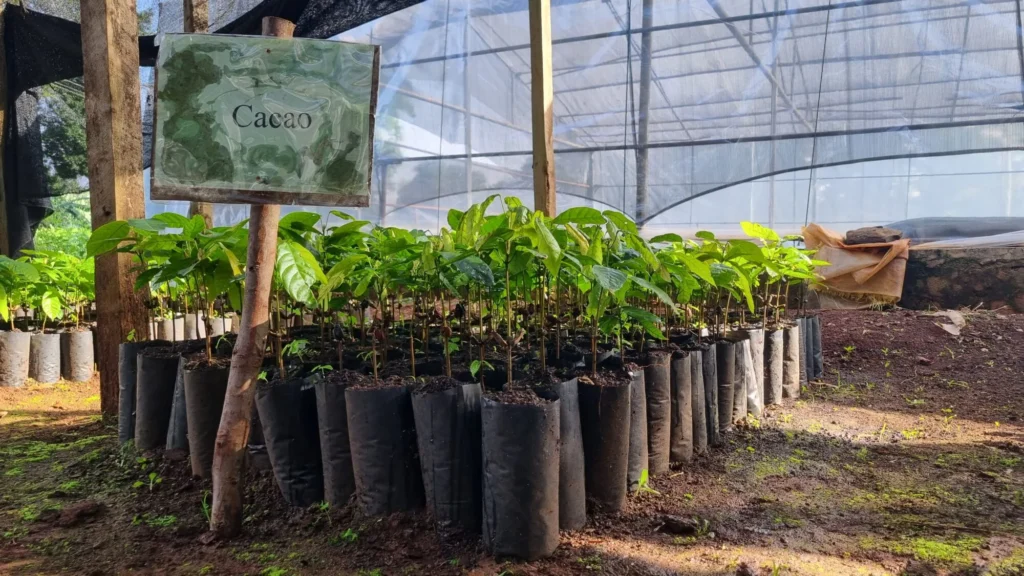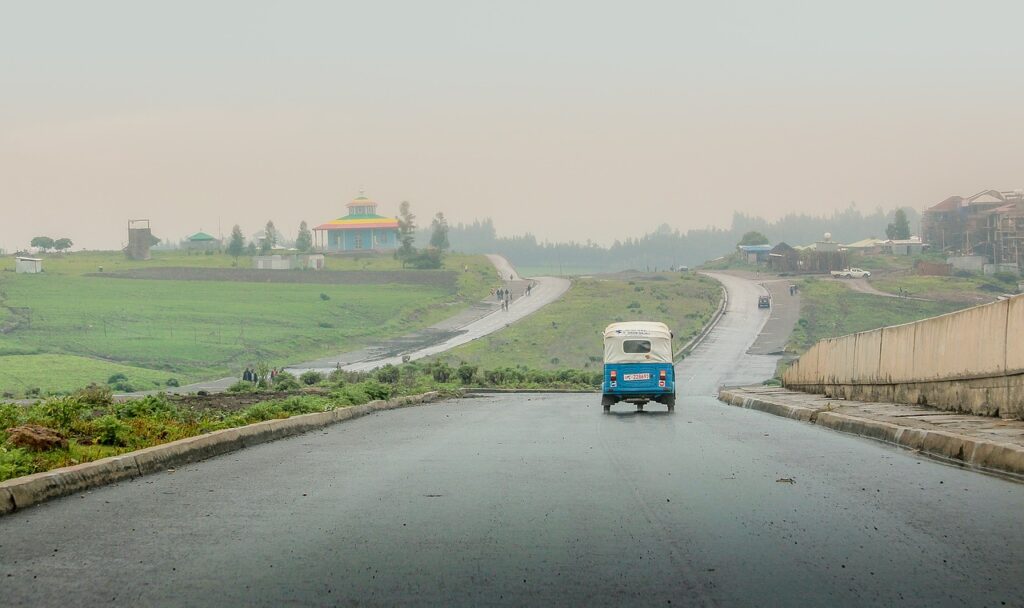Milk Link: Bringing Cold Chain Solutions to Ethiopia’s Dairy Farmers
In Ethiopia, smallholder dairy farmers face major obstacles in accessing stable markets. Fragmented supply chains, seasonal fluctuations in demand, and a lack of cold chain infrastructure result in high milk spoilage and limited income opportunities. With more than 95% of milk processed informally and consumed locally, much of the milk produced never reaches commercial buyers.…
Read MoreMilking Ethiopia’s Dairy Potential: Business and Investment Opportunities
With a population surpassing 114 million and rapid urbanization, Ethiopia’s demand for dairy products is increasing. The country’s government has prioritized the dairy sector in its 10-year development plan, aiming to increase milk production from 4.69 billion to 11.8 billion litres by 2030. This growth presents a unique opportunity for dairy sector investment in Ethiopia.…
Read MoreUnlocking the Potential of Ethiopia’s Cocoa Sector: A Provisional Roadmap
Ethiopia is renowned worldwide for its exceptional coffee, but its agricultural potential goes beyond just one crop. With ideal growing conditions in the country’s western and southern regions, Ethiopia is poised to become a new origin for high-quality cocoa. The opportunities to develop a sustainable, commercial cocoa sector are vast, offering new economic opportunities for…
Read MoreTurning Waste into Wealth: Circular Economy Opportunities in Ethiopia
Ethiopia’s rapid urbanization and economic growth have brought with them a significant rise in waste generation. Today, the country produces over 6 million tons of municipal solid waste annually, a figure projected to reach 10 million by 2030. With only 40% of waste collected and a mere 4% recycled, there is urgent need—and enormous potential—for…
Read MoreWater Accessibility and Vitality for Ethiopia (WAVE): A Sustainable Solution for Rural Drinking Water
In Ethiopia, access to clean and safe drinking water remains a critical challenge for millions. Despite abundant water resources, 87% of the population depends on unsafely managed drinking water services. A 2022 TRAIDE Foundation study on investment opportunities in Ethiopia’s water sector brought this issue into sharp focus. It revealed that 40% of water supply…
Read MoreEmpowering Female Entrepreneurship in Tech and Agriculture
In April 2024, TRAIDE Foundation, in collaboration with Ice Addis, Studio.Why, ITC, Care Ethiopia, and UN Women, hosted the Women in Tech Hackathon in Addis Ababa. The event brought together 23 young women to tackle key challenges in Ethiopia’s agricultural sector through technology and entrepreneurship. Over the course of three days, participants developed sustainable, market-driven…
Read MoreFixing the Pipes: Innovative Solutions for Ethiopian Water Infrastructure
Ethiopia faces serious water management problems that threaten its long-term development. Communities struggle to access clean water due to old and broken infrastructure. This is especially true in Dire Dawa, the second most populous city in Ethiopia. The city entirely depends on groundwater for its supply, which is three times less than the water demand.…
Read MoreBeyond Boundaries: Transforming Last-Mile Distribution in Ethiopia
Have you ever wondered how goods reach the most remote areas of Ethiopia, a country with diverse and often challenging landscapes? This journey, vital for economic growth and service accessibility, presents unique challenges and opportunities that beckon innovative solutions and investments. A Market on the Rise Ethiopia, Africa’s second-most populous nation, is experiencing rapid economic…
Read MoreGrounds for concern: Ethiopia’s coffee sector faces challenges in becoming EUDR compliant
The new deforestation regulation of the European Union (EUDR) will have a significant impact on Ethiopia’s coffee sector. The large share of smallholder coffee farmers in Ethiopia makes it especially challenging to trace coffee back to the farm level and ensure coffee does not come from deforested land. European coffee buyers seem to be moving…
Read MoreHousing for Ethiopia’s Growing Urban Population: Opportunities for Businesses
Imagine a city where every third person struggles to find a decent place to live. This scenario is not fiction but a looming reality for Ethiopia, a country experiencing one of the fastest urbanization rates in Africa. With an urban population expected to reach 42.3 million by 2037, the demand for affordable housing is skyrocketing.…
Read More








